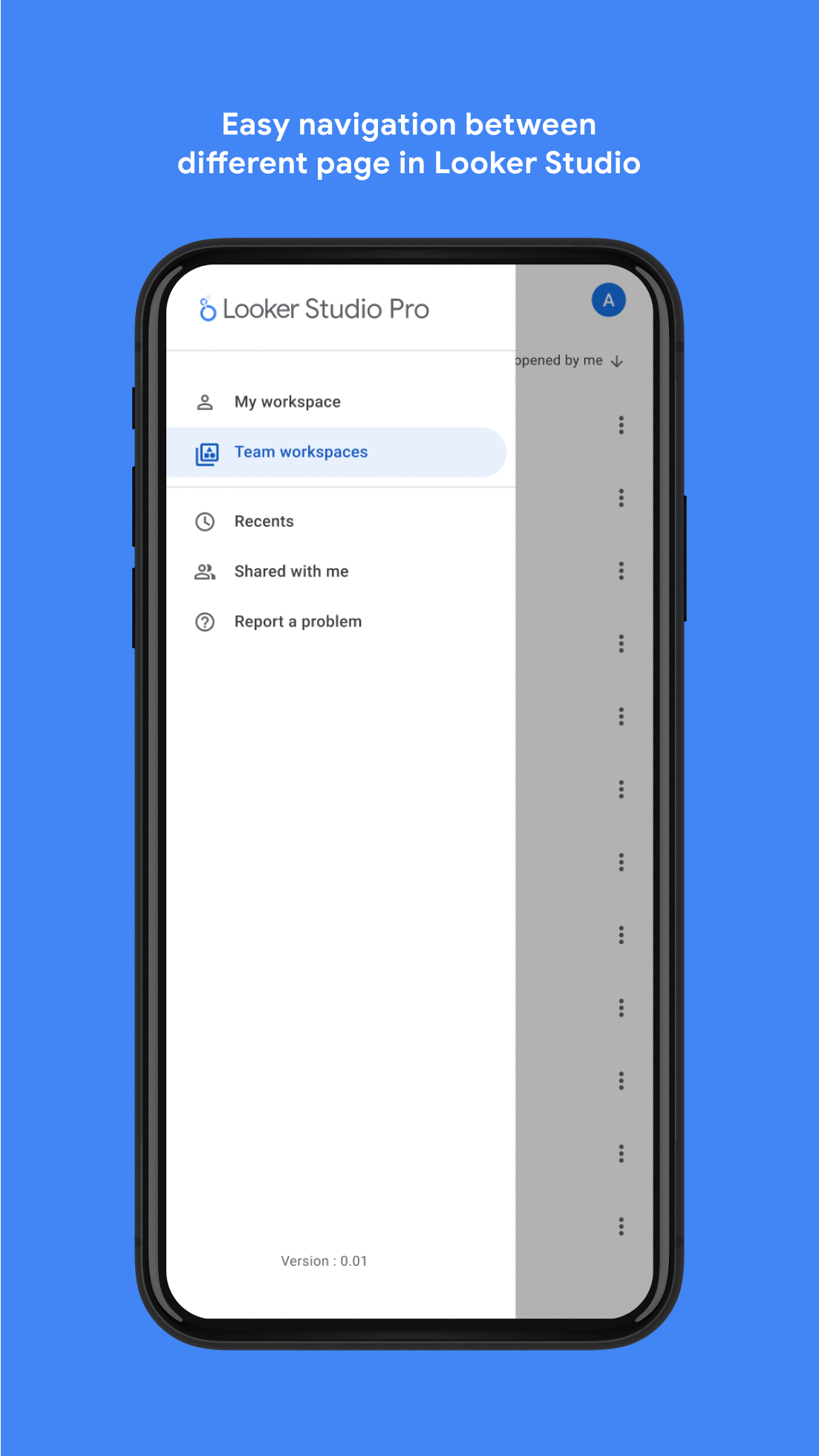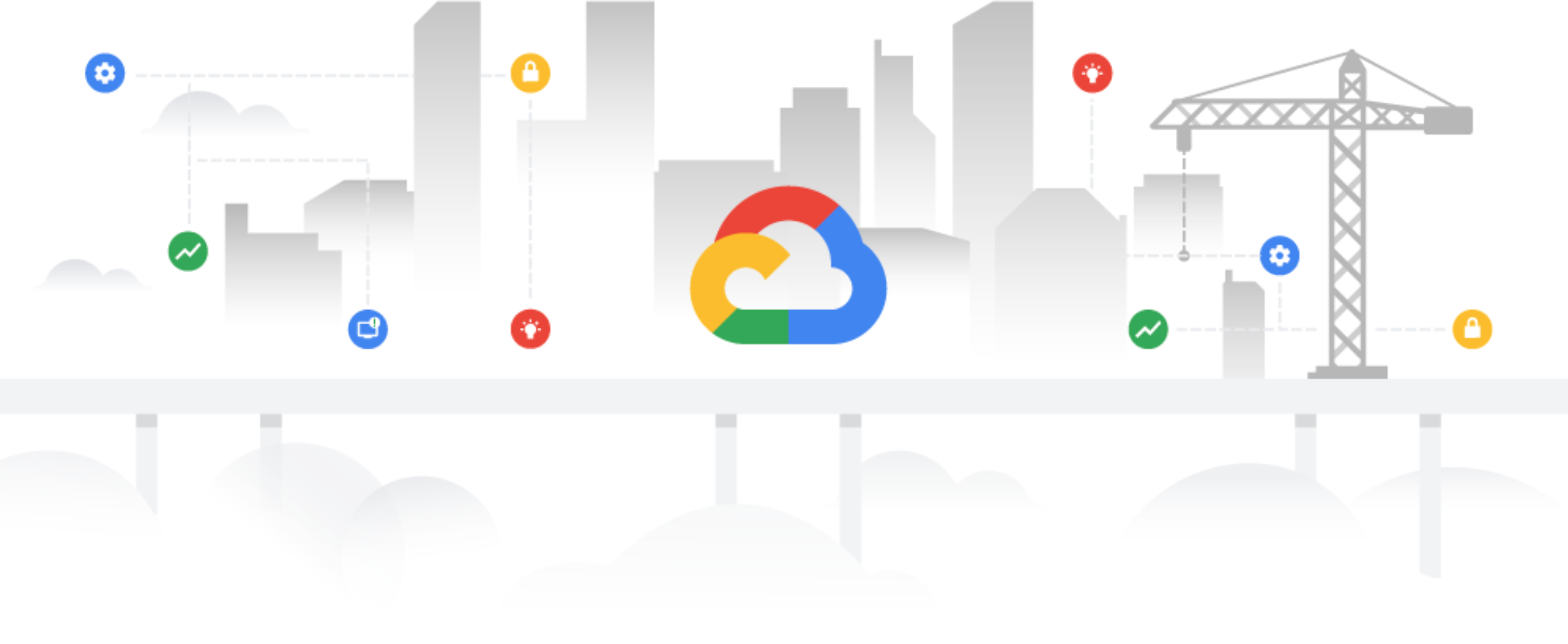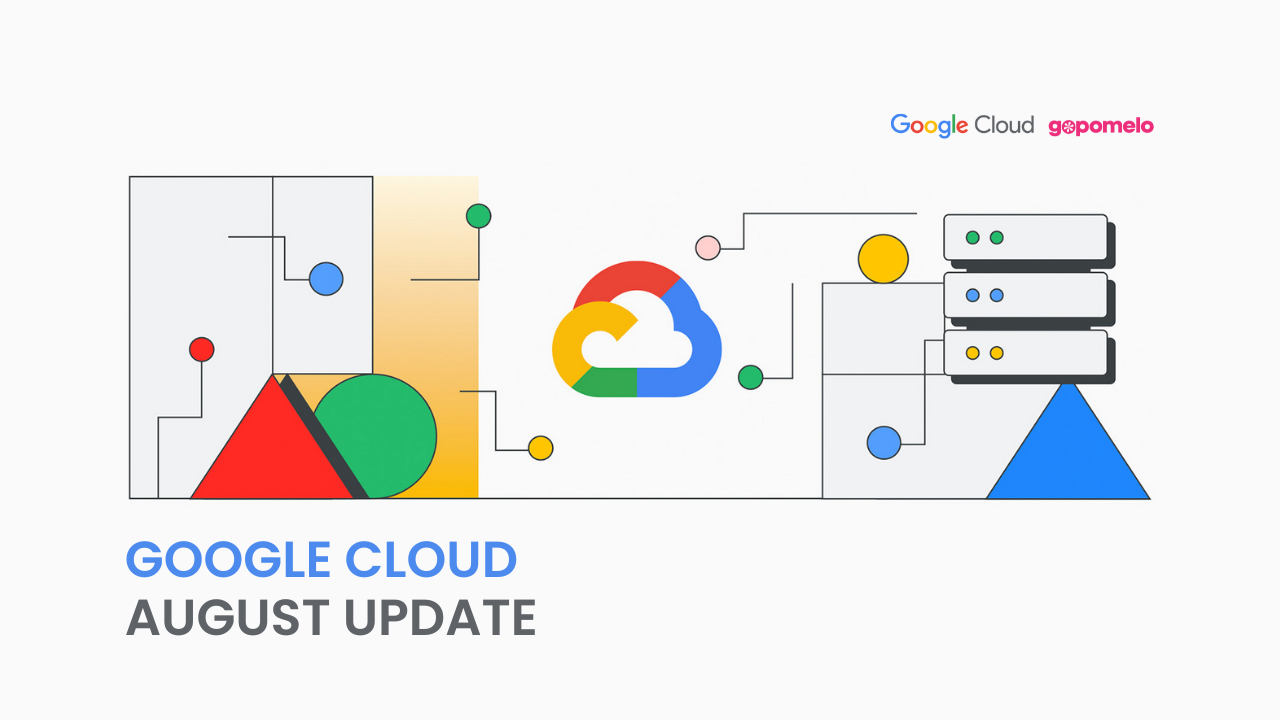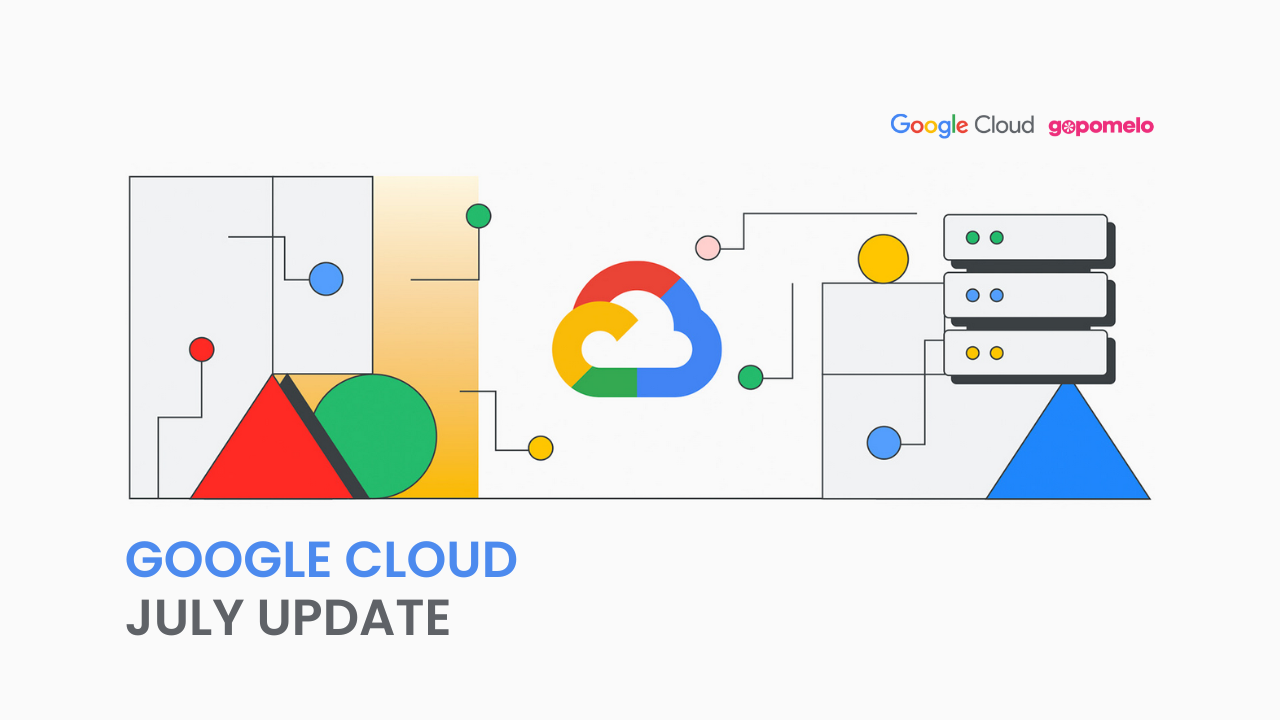Google Cloud Features Update Summary - November 2023
The summary of essential information about Google Cloud in November 2023.
-3.png?width=100&name=Google%20Cloud%20Icon%20Logo%20Large%20192px%20color%20(png)-3.png)
 A decade of Kubernetes leadership: why Google Cloud should be your choice for Kubernetes
A decade of Kubernetes leadership: why Google Cloud should be your choice for Kubernetes
Kubernetes has become a critical part of the modern software development landscape. Originally developed by Google, it is now the second-largest open-source project in history, with over 83,000 unique contributors over the past decade, and is the de facto standard for running containerized applications in production.
November 03 | Google Cloud: Containers & Kubernetes
Today, Google is the largest contributor to Kubernetes with over one million contributions — that’s more than the next four organizations combined. In addition to investing time and development resources, Google Cloud also donates millions of dollars per year to support the infrastructure needed to host Kubernetes containers and build and test each release. Read More.
Data analytics in the age of AI: How we’ve enhanced our data platforms this year
AI is already having a profound impact on how organizations operate. The power of AI allows you to reimagine what you do, how you do it and who you do it for. For many companies it feels like they’re just one step away from using AI to start solving real business problems — they just need to activate their data.
November 04 | Google Cloud: Data Analytics
Google Cloud has a robust portfolio of platforms and tools for storing, transforming, and gaining insights from your data, and that can be activated for AI. In this blog, we will summarize the key innovations to our Data and AI Cloud in 2023 across three strategic areas. Read More.

Looker Studio Pro now available for Android and iOS
Looker Studio enables millions of users to bring their data to life with insightful dashboards and visualizations, connecting to more than 1,000 data sources and a host of community-sourced report templates.
November 04 | Google Cloud: Business Intelligence
Today, we are bringing Looker Studio Pro to your mobile devices through a new application available for Android on Google Play and for iOS on the App Store, enabling you to view reports and get real-time data about your business from anywhere. Read More.
Using FFmpeg with Google Cloud Speech-to-Text
Google Cloud Speech-to-Text is a fully managed service that converts speech to text in real time. It can be used to transcribe audio and video files, create subtitles for videos, and build voice-activated applications.
November 07 | Google Cloud: Data Analytics
Google Cloud Speech-to-Text is easy to use. You can simply upload your audio file to the service, and it will automatically transcribe it into text. You can also use the service to transcribe live audio, such as a phone call or a meeting. Speech-to-Text samples are given here for V1 and V2. Read More.

Introducing Cloud SQL in-place upgrade: move from Enterprise to Enterprise Plus with ease
The launch of Cloud SQL Enterprise Plus edition back in July introduced three major enhancements to Cloud SQL: substantial improvements in read and write performance, near-zero downtime for planned maintenance operations coupled with a 99.99% Service Level Agreement (SLA), and expanded data protection features.
November 10 | Google Cloud: Databases
To make it easy for you to use Enterprise Plus edition, today, we are announcing in-place upgrade from Enterprise edition to Enterprise Plus edition, which provides a seamless in-place upgrade path with minimal disruption (anticipated downtime of < 60 seconds). Read More.

Protecting your remote workforce with context-aware data loss rules and URL filtering
As remote work remains the norm for many people, organizations continue to seek out solutions to protect corporate data regardless of where employees are located and which devices they use.
November 14 | Google Cloud: Security & Identity
New Data Loss Prevention (DLP) rules with Context-Aware conditions can provide the ability to control sensitive information transfers based on user and device attributes. An admin can create targeted rules that limit access based on the user's device information, such as only allow access to users with Chrome Managed Browsers. Such rules are a key ingredient for organizations that want to protect their data from unauthorized access, particularly when data is being accessed on personal devices, external networks, or restricted geo locations. Read More.

Cloud Deploy adds pipeline automation and Cloud Run Jobs support
We’re excited to announce the latest update in Google Cloud’s portfolio of DevOps tools. Customers are already using Cloud Deploy for continuous delivery, enabling the definition and manual control of application delivery pipelines, facilitating canary deployments and verification, and more.
November 16 | Google Cloud: DevOps & SRE
With the introduction of delivery pipeline automation in preview, Cloud Deploy now also supports continuous deployment, the end-to-end automation of continuous delivery. Now, you can automate promotions between targets, for example when an application release is successful in the development environment, and automatically promote it to the staging environment. Read More.
Top five ways generative AI can drive value in capital markets
From broker-dealers and hedge funds to wealth managers and trust companies, capital markets ecosystem participants are increasingly looking to scale and grow by transforming their extensive knowledge into value-added experiences.
November 18 | Google Cloud: Financial Services
Generative AI is a disruption — and potential catalyst — within this environment, which is why financial services institutions are looking to incorporate generative AI into their toolkits. How will generative AI add value as capital markets firms look to differentiate, scale, and accelerate the speed of business? We see five main areas taking hold. Read More.
Ask your documents: Document AI and PaLM2 for question answering
Documents, physical or digital, contain a goldmine of information—assuming all that data and content can actually be leveraged to help employees to do their jobs. Internal IT and content management teams have long sought to provide knowledge workers with the ability to interact with a document — or better yet, a corpus of documents — without needing to manually dig through them.
November 28 | Google Cloud: AI & Machine Learning
This goal went unfulfilled for years because, before generative AI models such as PaLM 2, technologies struggled to provide the contextual understanding required to perform question-and-answering across different document types. Today, however, developers can build an “Ask your documents” tool for employees by leveraging Google Cloud Document AI, text embedding models, and PaLM 2. In this post, we’ll show you how. Read More.
Powering cost-efficient AI inference at scale with Cloud TPU v5e on GKE
Google Cloud TPU v5e is a purpose-built AI accelerator that brings the cost-efficiency and performance required for large-scale model training and inference.
November 29 | Google Cloud: Containers & Kubernetes
With Cloud TPUs on Google Kubernetes Engine (GKE), the leading Kubernetes service in the industry, customers can orchestrate AI workloads efficiently and cost effectively with best-in-class training and inference capabilities. GKE has long been a leader in supporting GPUs for AI workloads and we are excited to expand our support to include TPU v5e for large-scale inference capabilities. Read More.
Installing Apigee Hybrid with Helm: A Kubernetes-native approach
Google Cloud's Apigee API Management allows the freedom to deploy your APIs anywhere — in your own data center or public cloud of your choice — by configuring Apigee Hybrid. You can host and manage containerized runtime services in your own Kubernetes cluster for greater agility and interoperability while managing APIs consistently with Apigee.
November 30 | Google Cloud: API Management
Until now, customers have used apigeectl, a purpose-built tool, to install Apigee Hybrid. But customers tell us they want to leverage their existing tooling to automate their installation following the gitops model. So today, we’re thrilled to announce a new way to install Apigee Hybrid (as of 1.11 release) using the Helm package manager. Using Helm opens an ecosystem of tools that you can use to automate both the installation and Day 2 operations of Apigee Hybrid. Read More.
Source: https://cloud.google.com/blog/products/gcp
















 Twitter
Twitter Youtube
Youtube.png)

